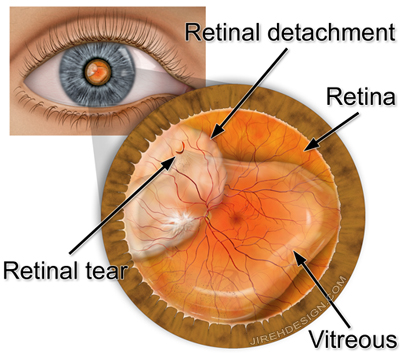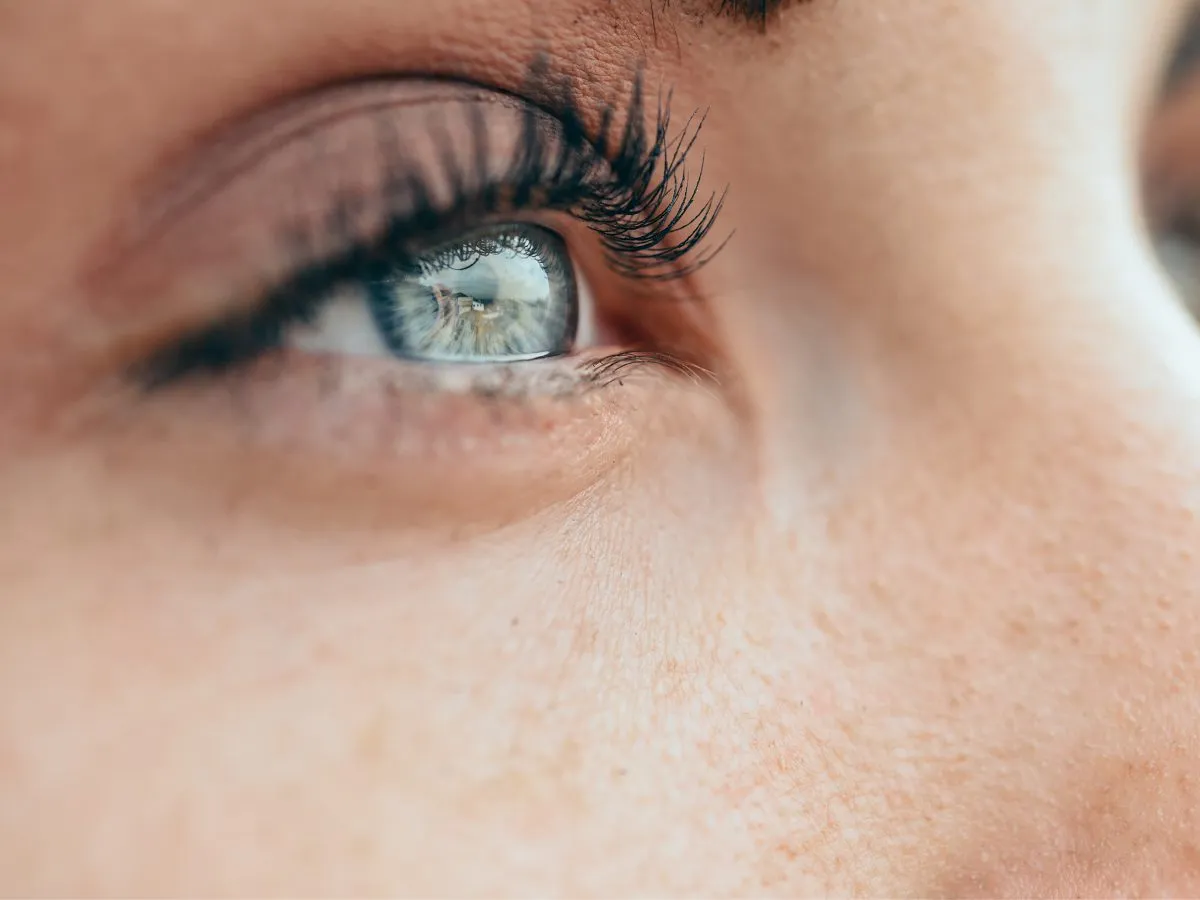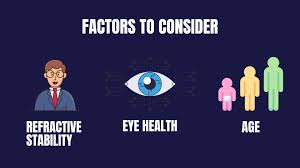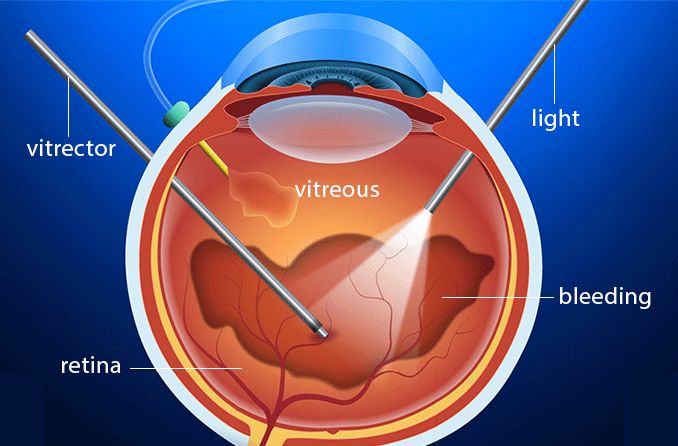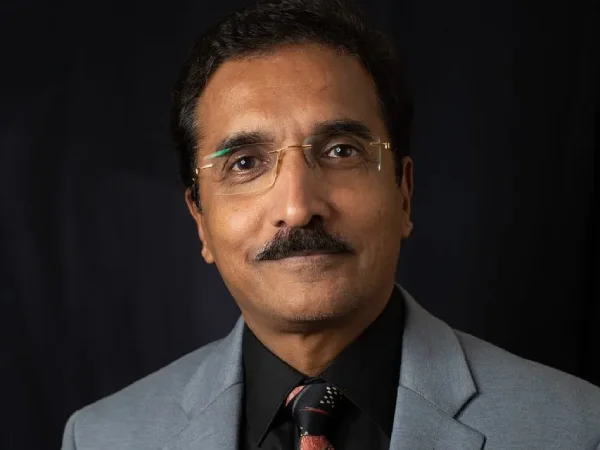The ability to repair a damaged retina depends on the nature and extent of the damage. Some forms of retinal damage can be treated or managed to improve vision, while others may have more limited options for repair. Here are some common scenarios:
- Retinal Tears and Detachments: Retinal tears and detachments are serious conditions that often require surgical intervention. Surgery, such as vitrectomy or scleral buckling, can be performed to reattach the retina and restore vision. Early detection and treatment are crucial in such cases.
- Macular Degeneration: Age-related macular degeneration (AMD) is a progressive condition that affects the macula, the central part of the retina. While there is no cure for AMD, treatments such as anti-VEGF injections can help slow down the progression of the disease and sometimes improve vision, especially in the early stages.
- Diabetic Retinopathy: Diabetic retinopathy can be managed through laser therapy and injections to reduce swelling and control abnormal blood vessel growth. Early intervention and proper diabetes management can help prevent or minimize retinal damage.
- Retinal Injuries: Traumatic injuries to the retina can vary in severity. Some minor injuries may heal on their own or with minimal treatment, while more severe injuries may require surgery or other specialized interventions.
- Inherited Retinal Diseases: In some cases of inherited retinal diseases, ongoing research and clinical trials are exploring potential treatments, including gene therapy and retinal implants. However, these treatments may not be widely available yet and are often specific to certain genetic mutations.
It’s important to note that not all retinal damage can be fully repaired or restored, especially if the damage is extensive or involves irreversible cell death. Additionally, the success of treatment depends on factors such as the underlying cause of the damage, the patient’s overall health, and the timeliness of intervention.
If you suspect or have been diagnosed with a retinal issue, it is essential to consult with an eye specialist or retinal specialist who can provide a thorough evaluation, recommend appropriate treatment options, and discuss the prognosis for your specific condition. Early detection and prompt intervention are critical for preserving vision and minimizing further damage.
For more eye-related queries, Consult Dr. Vaidya at one of the Eye Doctor in Mumbai know more information visit in our hospital at Dr. Vaidya Eye Hospital.
